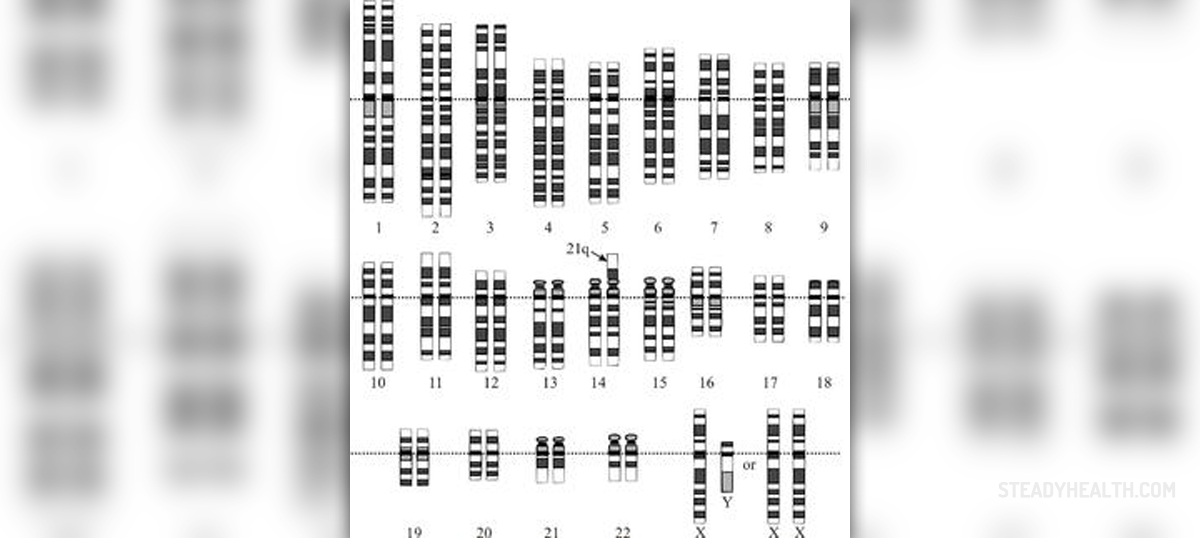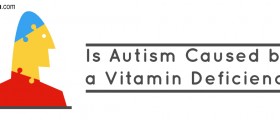
Down syndrome or trisomy 21 is a chromosomal disorder characterized by an extra 21 chromosome. That extra copy of genetic material can cause effects whose extent ranges from case to case, depending on the genetic history and sometimes on pure chance.
It is estimated that Down syndrome is diagnosed in one out of every 733 babies and it is more common in children with older parents.
People with Down syndrome usually have some form of cognitive impairment and inadequate physical development, along with characteristic facial features. Children with Down syndrome have an average IQ of 50, compared to the IQ of 100 in normal children.
In addition, people with Down syndrome are at risk of certain complications regarding the heart, susceptibility to cancer, gastrointestinal problems, thyroid disorders, fertility problems and neurological issues.
Chromosomal abnormalities are the primary cause of Down syndrome, but it is worth noting that certain risk factors greatly increase the chance of giving birth to a child with this condition. Advanced maternal age, having had a child with this syndrome and carrying the genetic translocation for Down syndrome are the three most significant risk factors.
Folic acid and Down syndrome
Folic acid is considered by most experts to be the most important nutrient for pregnant women or for those who are planning on becoming pregnant. It is closely associated with reduced risk of neural tube defects, such as spina bifida. Folate, which is the form of folic acid that is naturally found in foods, also assures proper development of the fetus and guarantees adequate growth.
Folic acid is believed to support the functioning of DNA, which has a direct effect on growth and development. Since it assists the functions of DNA, folic acid might play a role in preventing other DNA-related conditions, such as Down syndrome.
In fact, parents with children born with a neural tube defect are at higher risk of having a child form Down syndrome as well. Also, certain studies have associated low levels of folate with the incidence of Down syndrome.
The exact role and the extent of the effects of folic acid when it comes to Down syndrome are yet to be investigated and confirmed but many scientists believe that this nutrient may provide some protection against Down syndrome.
Adequate intake of folic acid or folate can be assured before and during pregnancy by taking supplements or increasing the consumption of foods such as beans, lentils, cabbage, spinach, kale and broccoli.

















Your thoughts on this
Loading...